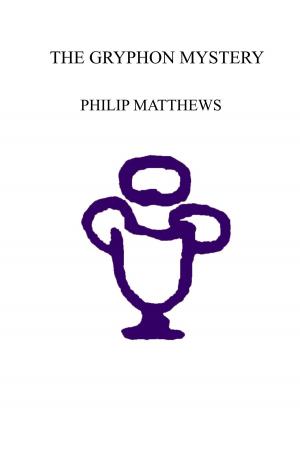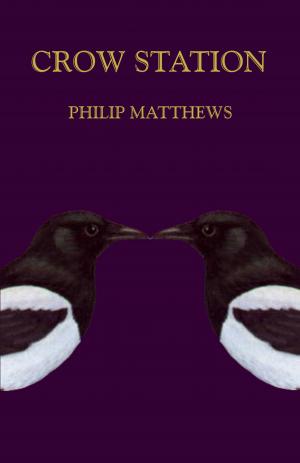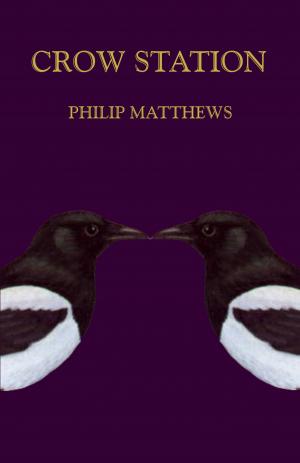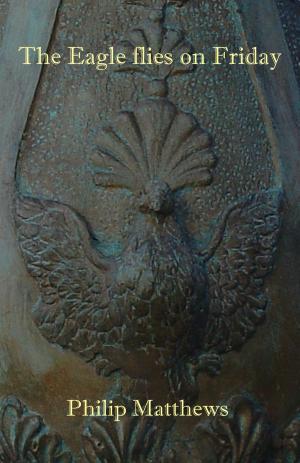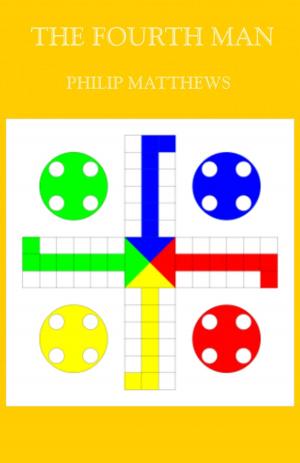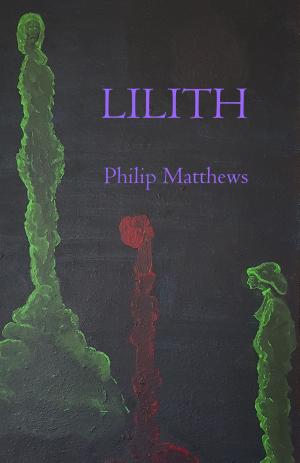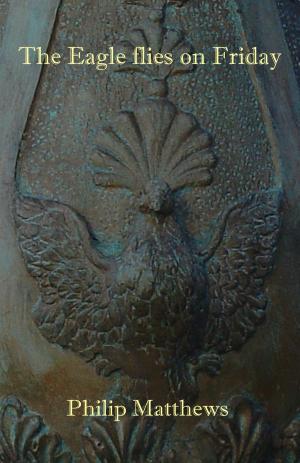| Author: | Philip Matthews | ISBN: | 9781310069604 |
| Publisher: | Philip Matthews | Publication: | February 17, 2014 |
| Imprint: | Smashwords Edition | Language: | English |
| Author: | Philip Matthews |
| ISBN: | 9781310069604 |
| Publisher: | Philip Matthews |
| Publication: | February 17, 2014 |
| Imprint: | Smashwords Edition |
| Language: | English |
The novel is a retelling of the myth of the Minotaur in the form of a detective story. Theseus is a corporate investigator on loan to the local police to find an unusual Midnight Rambler active in a large city park. Ariadne’s motives for helping him are ambiguous, caught as she is between her feelings for her half-brother and her reasons for attaching herself to Theseus. Pasiphae is involved, too. Her interest in Theseus is dubious, a compulsion that could well result in the creation of another monster. Theseus has no choice but to take the assignment, his career has been put in jeopardy by the publicity surrounding his last job. But he has talent, and it has been hinted that success this time will put him in line for significant advancement.
The novel is narrated by Dionysos, once man and now god, as an updated performance of a perennial drama he is obliged to stage until his characters get their parts right. He has problems with our language, but he presses on as best he can, patiently explaining his more obscure insights and apologising as need be for what he fears we might see as the barbarous excesses of his story-telling.
The plot remains as simple as Ovid has it, the reader’s interest is engaged instead with the question of motivation. Why did Theseus volunteer? He wouldn’t tell what happened in the Labyrinth and he dumped Ariadne fairly quickly. But, then, didn’t she fall for him fairly quickly? What about Pasiphae, what’s a man compared with a bull? And most of all, the Minotaur himself – more sinned against, perhaps? Dionysos gives us the god’s-eye view, though he knows very well that telling the truth is more difficult than most of us think.
The novel is a retelling of the myth of the Minotaur in the form of a detective story. Theseus is a corporate investigator on loan to the local police to find an unusual Midnight Rambler active in a large city park. Ariadne’s motives for helping him are ambiguous, caught as she is between her feelings for her half-brother and her reasons for attaching herself to Theseus. Pasiphae is involved, too. Her interest in Theseus is dubious, a compulsion that could well result in the creation of another monster. Theseus has no choice but to take the assignment, his career has been put in jeopardy by the publicity surrounding his last job. But he has talent, and it has been hinted that success this time will put him in line for significant advancement.
The novel is narrated by Dionysos, once man and now god, as an updated performance of a perennial drama he is obliged to stage until his characters get their parts right. He has problems with our language, but he presses on as best he can, patiently explaining his more obscure insights and apologising as need be for what he fears we might see as the barbarous excesses of his story-telling.
The plot remains as simple as Ovid has it, the reader’s interest is engaged instead with the question of motivation. Why did Theseus volunteer? He wouldn’t tell what happened in the Labyrinth and he dumped Ariadne fairly quickly. But, then, didn’t she fall for him fairly quickly? What about Pasiphae, what’s a man compared with a bull? And most of all, the Minotaur himself – more sinned against, perhaps? Dionysos gives us the god’s-eye view, though he knows very well that telling the truth is more difficult than most of us think.


